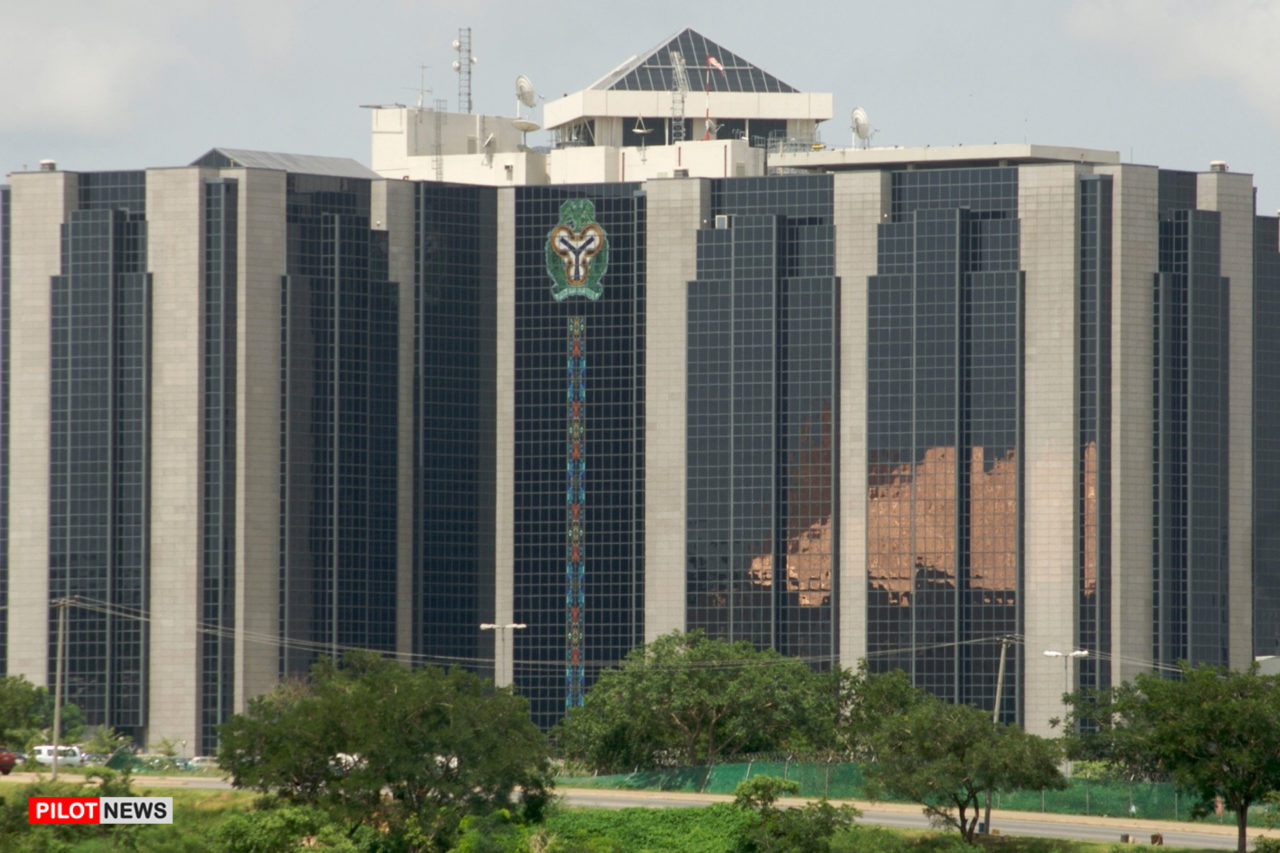At its 302nd meeting, Nigeria’s Central Bank (CBN) on Tuesday reduced its Monetary Policy Rate (MPR) by 50 basis points, bringing it down from 27.5 per cent to 27.0 per cent.
Governor Olayemi Cardoso announced the decision, which was unanimous among the Monetary Policy Committee (MPC).
This is the first time in five years that the bank has cut interest rates.
The interest rate is what the CBN uses to guide how much banks charge when they lend money. By lowering it, the CBN is making it easier and cheaper for businesses and individuals to borrow. The aim is to encourage more investment and spending, and in turn, help the economy grow.
Nigeria has been battling rising prices of goods and services (inflation) and a weak naira. The CBN explained that the cut will help “ease monetary conditions” while also supporting the fight against inflation, which has been slowing down slightly in recent months.
Apart from the rate cut, the MPC also made other adjustments.
The amount of money commercial banks must keep with the CBN, called the Cash Reserve Ratio (CRR), was reduced to 45 per cent for Deposit Money Banks, while leaving the CRR for merchant banks unchanged at 16 per cent.
The Liquidity Ratio, which ensures banks always have enough cash to meet customer needs, remains unchanged at 30 per cent.
To strengthen monetary policy transmission, the Committee adjusted the asymmetric corridor around the MPR to +250/-250 basis points.
Cardoso explained that the move was meant to support the economy while keeping prices in check.
“The decision was anchored on the sustained disinflation recorded in the past five months, projections of declining inflation for the rest of 2025, and the need to support economic recovery efforts,” he said.
The CBN also revealed that 14 banks have fully met its new capital requirements, a development it cited as evidence of strength in the banking sector.
Analysts say this policy change could help businesses access cheaper loans and create more jobs, though the benefits may take some time to be felt by ordinary Nigerians. Others warn that the government still needs to tackle the rising cost of food, fuel, and basic services to make life easier for citizens.
- Civil Society Group to Stage Protests in Kaduna Against El-Rufai - March 2, 2026
- Oil Prices Hit $79, Surpass Nigeria’s Budget Benchmark - March 2, 2026
- A Decade After Chibok Abduction, Documentary Spotlight Parents’ Pain - March 2, 2026

